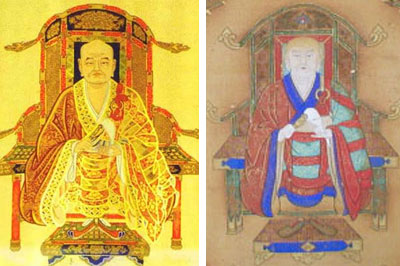The master is the most prolific among the ancestors of the Pure Sect. Before his death, he left behind Zhan Cha Xing Fa, Jie Xiaozao Jingyi, Jie Qiandu Jingyi, Yu Lan Pen Xinshu, Sanskrit Net Xie Xie Zhu, Da Fo Ding Xuanyi Wenxue, Jin Gang Bu Kong Lun, Ou Yi San Song, Zhai Jingke Zhu, Da Cheng Zhiguan Zhiguan Shiyao, Legacy Sutra Xie, Zhou Yi Chan Jie, Consciousness Mind Yao The Eight Directions of Xiangzong, the Mituo Sutra, the Four Books of Ouyi, the Dharma Hua Hui Yi, Zhan Chashu, the Law of Re governance, the Lengja Yi Shu, the Yuezang Zhijin, the Dharma Sea Guanlan, and other works of the ancients were selected and compiled into the Ten Directions of Pure Land.
Among them, the book "The Sutra of Amitabha" is unique for thousands of years, and Master Yinguang particularly praised that even if the ancient Buddha came back, the interpretation of the Sutra of Amitabha could not exceed it.



